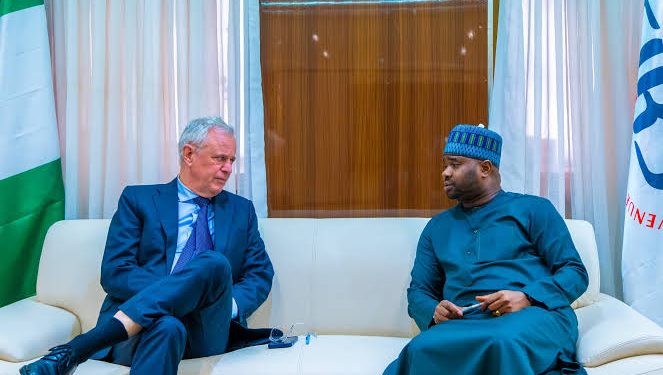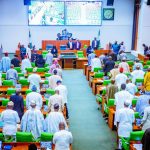Nigeria and the Kingdom of the Netherlands have begun formal renegotiations of their Double Taxation Agreement (DTA), marking the first such engagement since President Bola Ahmed Tinubu signed sweeping tax reforms into law on June 26, 2025. The talks signal Nigeria’s commitment to modernizing its international tax framework in line with domestic reforms and evolving global standards.
The opening ceremony of the renegotiation was held on Monday at the Revenue House in Abuja. It was hosted by the Executive Chairman of the Federal Inland Revenue Service (FIRS), Dr. Zacch Adedeji, and attended by a high-level Dutch delegation led by the Netherlands’ Ambassador to Nigeria, Bengt van Loosdrecht.
Dr. Adedeji described the talks as both timely and necessary, pointing to recent developments that have rendered the existing tax agreement outdated. He highlighted the government’s ongoing tax reforms, global measures against Base Erosion and Profit Shifting (BEPS), and international shifts in tax policy as factors demanding a comprehensive review of the current treaty.
“These reforms are part of the Tinubu administration’s broader fiscal strategy to expand Nigeria’s tax base, strengthen tax administration, and ensure the tax system contributes to inclusive economic growth,” he said.
The Netherlands, one of Nigeria’s most consistent trade and investment partners, is the first country to formally engage Nigeria on updating its tax treaty under the new legal framework. The existing DTA, designed to prevent double taxation on cross-border income, no longer aligns with Nigeria’s newly modernized tax regime.
Ambassador van Loosdrecht expressed optimism about the process, noting the cooperative spirit between both delegations. “The fact that we meet here today is an indication of goodwill and the good faith in which we want to meet each other. Ultimately, a treaty is about finding common ground and building upon it,” he said.
The talks come amid preparations for the official launch of the Nigeria Revenue Service on January 1, 2026, a key outcome of the newly enacted tax laws. These include the Nigeria Tax Act, the Nigeria Tax Administration Act, the Nigeria Revenue Service (Establishment) Act, and the Joint Tax Board (Establishment) Act — collectively seen as the most extensive overhaul of the nation’s tax system in decades.
In the next six months, FIRS will focus on harmonizing tax data, deploying new systems, and reviewing existing international tax treaties to reflect Nigeria’s updated fiscal structure.










